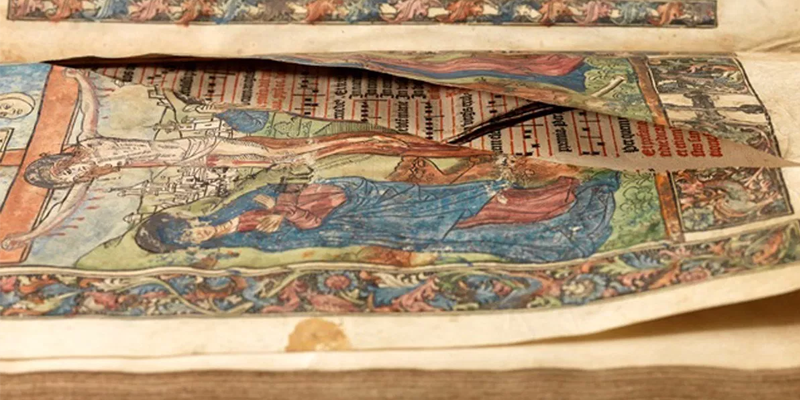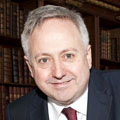Remembering the Reformation
-
Case study
- Culture and Communication
Researchers in the Department of English and Related Literature investigated how the Reformation was remembered, forgotten, contested and re-invented.

What we are remembering and how or why is still a question that readily creates division or consternation.
The issue
The Reformation was a pivotal event which decisively shaped the politics, culture and societies of subsequent centuries. The violence and turmoil of its intense conflicts continue to divide communities and have left a lasting imprint on the landscape and literature of Europe.
England could be said to have experienced five Reformations between 1534 and 1558, each reversing the religious policy of the last. What effect did this have on collective social memory? How did different generations respond to such a fluid experience of the past?
Assumptions about the significance of the Reformation endure, but little critical attention has been paid to the manner in which these assumptions came into being.
The research
Remembering the Reformation was an AHRC-funded project. The interdisciplinary research team of historians and literary scholars, including Professor Brian Cummings (Department of English and Related Literature), sought to illuminate how memories of the Reformation emerged or were created in the 16th and 17th centuries. They also examined the complex legacies these memories have left.
The project focused on the agency and influence exercised by the public and private memory of past events - or the official and unofficial memory. The project had four themes:
- Lives and afterlives
- Events and temporalities
- Places, objects and spaces
- Ritual, liturgy and the body
Professor Cummings led the "Ritual, liturgy and the body" strand of the project. This strand investigated the reformation of ritual and ceremony in the early modern world, both through the public performance of religion and through private devotion and worship.
The researchers considered the critical role of repetitive processes, such as song, gesture and text, in constituting memories. They examined surviving artefacts of the period, including manuscripts, books and objects.
The outcome
The project led to a range of academic and public engagement events, including workshops, conferences and colloquia, lectures, educational workshops for children, and public exhibitions.
A key output from the work was a digital exhibition featuring more than 130 items that illustrate the concept, texts, and materials of memories of the Reformation. The exhibition provides a major resource for members of the public, students and lecturers.

Brian Cummings
Professor Cummings is known for his research in fields including Shakespeare and Renaissance literature; Erasmus, humanism and the history of philosophy; religion and secularity; the history of the book; the Bible and the Book of Common Prayer and poetry and poetics (including modern poetry and literary theory).
